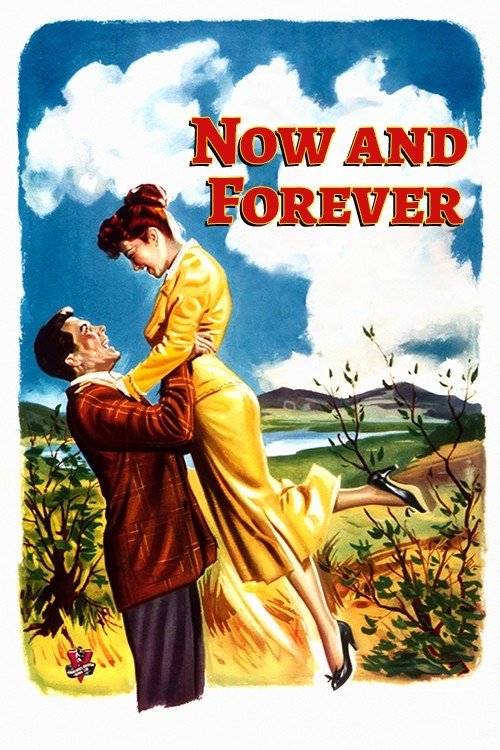Lt. Robin Crusoe U.S.N, released in 1966, was a failure as a comedy. Dick Van Dyke had the ability to pull this film off successfully, but he lacked a good script with more characters and situations to engage with.
The film was an updated version of the classic 1719 Daniel Defoe novel about a man who gets shipwrecked on a deserted island and learns the skills necessary to survive. Dick Van Dyke stars as Lt. Robin Crusoe, a Navy fighter pilot, who bails out from his plane when it catches on fire. After days of drifting at sea, he is washed upon a beautiful deserted island where he eventually makes his home, building a hut, a post office system, and even a private golf course. One day, exploring the inner part of the island, he meets Wednesday ( Nancy Kwan ) a girl from the neighboring island who was abandoned there by her father ( Akim Tamiroff ), a vengeful chief, for punishment. Together with a band of native girls - her friends - they fight this chief and his tribe when they invade their island.
Running at just over 110 minutes, Lt. Robin Crusoe drags on for too long, with its few laughs being scattered primarily in the first half of the film. At the time of its release, the critics were harsh..... Howard Thompson wrote in the New York Times, "Most of the picture has Mr. Van Dyke mugging and tripping over the lush scenery. It's neither very funny nor new and the picture is recommended, with reservations, only for the very, very young and for television fans who think Mr. Van Dyke can do no wrong."
Surprisingly, reviews such as these, did not hinder Dick Van Dyke fans from flocking to the theatres and the film grossed $22 million which is a tidy sum compared to the $28 million grossed by That Darn Cat one year earlier and the meager $1.9 million grossed by The Adventures of Bullwhip Griffin - a superior comedy - one year later.
If you want to watch an entertaining version of Robinson Crusoe, you would be better off watching The Adventures of Robinson Crusoe, the classic 1964 television miniseries.















